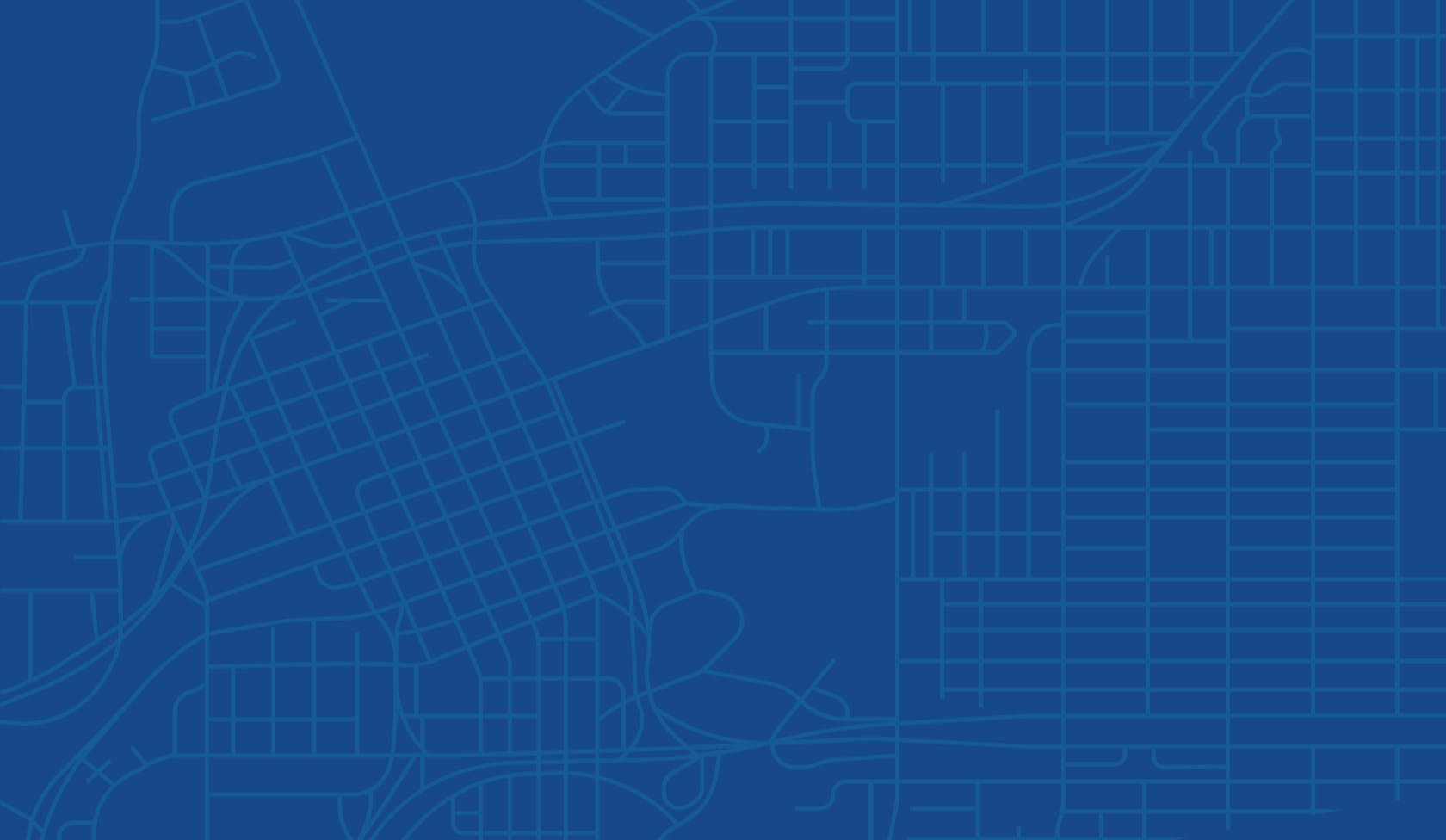Buying a home is one of the most important decisions you can make. But finding the right financing at an affordable interest rate can be tricky. To make the process just a little easier, we've put together a checklist of everything you need to keep in mind before you close the deal.


